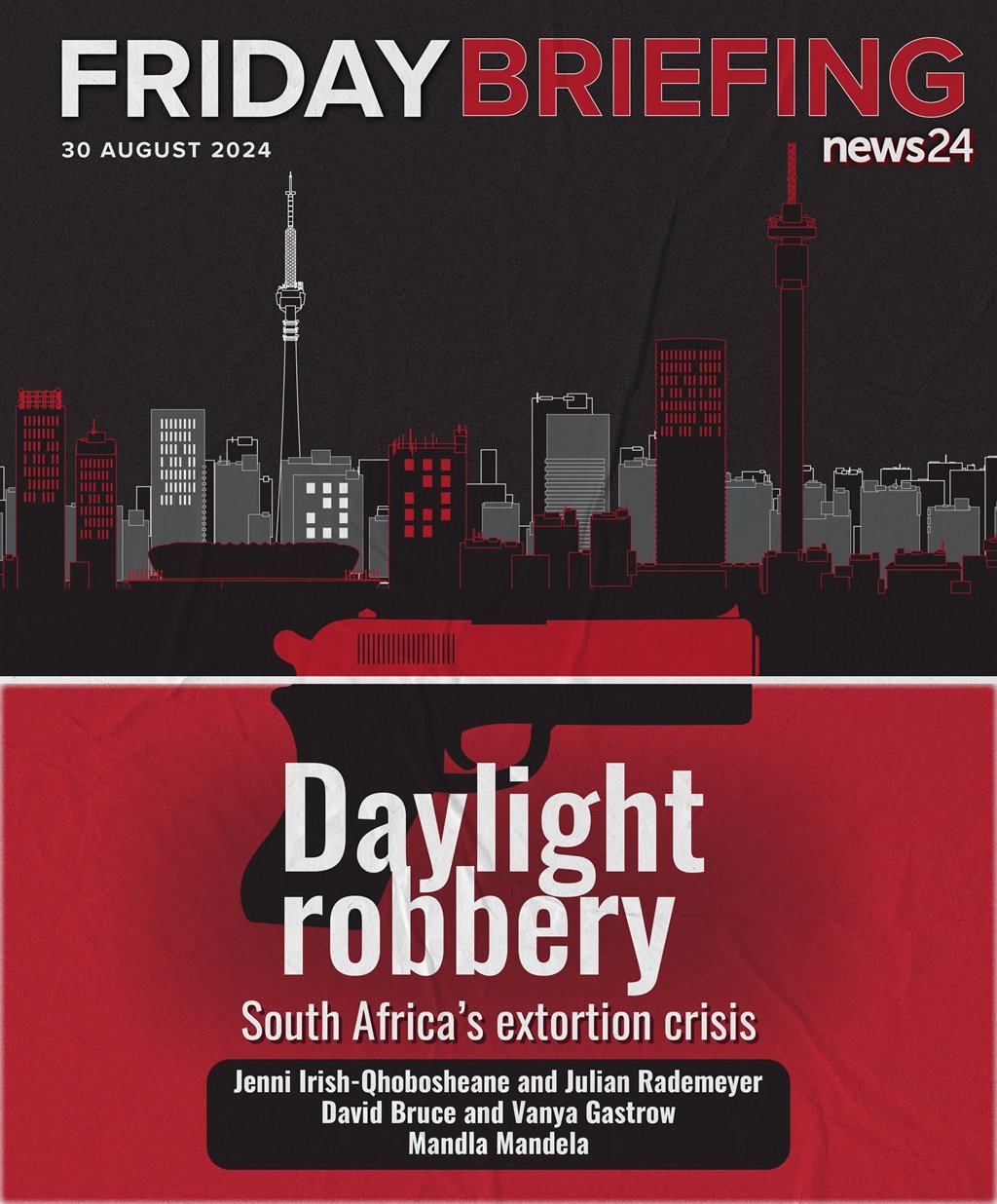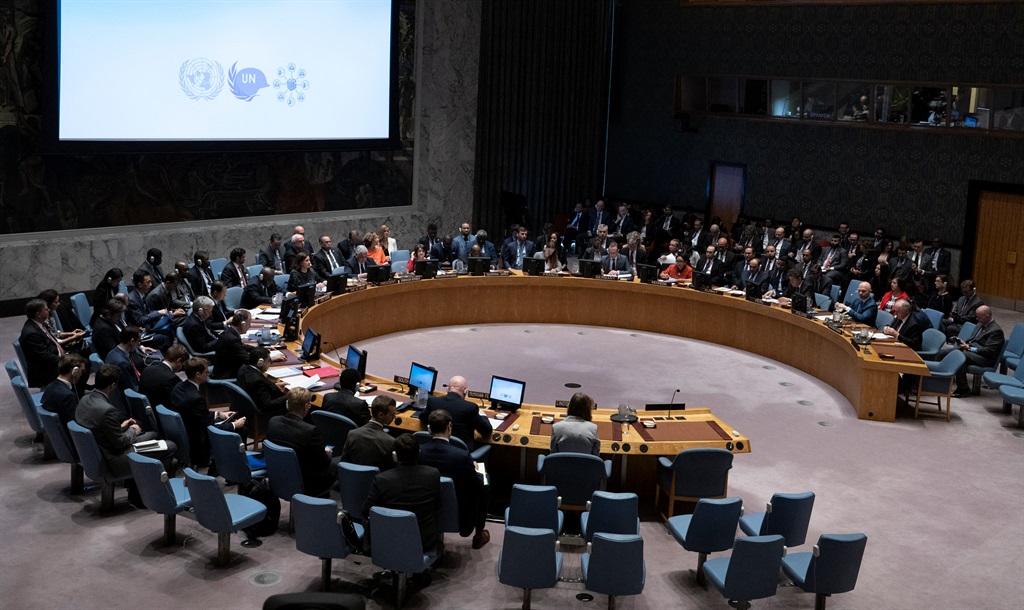
Holding the country to ransom: Extortionists run riot
On Thursday morning, I spoke to the secretary of the Nyanga CPF, Dumisani Qwebe, about the prevalence of extortion rackets.
Qwebe says that the CPF has been raising this issue since at least 2015 when he joined the forum, warning even then that this was going to be major problem.
“Remember, extortion didn’t start today, it has been here for so long. Previously it was called a ‘plough back approach’.”
These criminal elements first targeted construction sites and tender winners, justifying their criminal approach as “you can’t leave us [the community] without anything”.
That evolved into brazen “protection fees” that permeated every facet of community life – schools, local businesses, hawkers, churches and even taxis are forced “to pay something”.
These “romanticised terms”, Qwebe says, keep changing, but the principle is the same – pay us, and we’ll protect you from other criminals, including ourselves. All this laced (and not so laced) with threats, intimidation and violence.
So entrenched is this culture that Qwebe says he’s heard of children as young as 15 extorting other children aged 13 and 14 at schools. “They say: Listen, tomorrow bring this amount of money; if you don’t, we are going to deal with you.”
Learners become so fearful that they don’t attend school, and some schools are even declaring this a crisis.
This form of bullying becomes an easy way to “earn” money and sets in motion a mindset that grows into adulthood.
Asked why this continues unabated, Qwebe says that many people live in fear.
Fear that if they tell anyone, then their lives, their livelihoods, and their loved ones will be harmed.
Surely, if this is so well-known, the police should already have measures in place? Not so.
As revealed in this week’s victims of crime report by Stats SA, that many people do not report certain crimes because they believe the police won’t do anything about it.
The top three reasons people are dissatisfied with the police, the report reveals, is that they believe the police do not respond one time, do not come to their area, and are lazy.
Police, on the other hand, say that they cannot investigate the crime if it hasn’t been reported.
Interestingly, the Stats SA’s victims of crime report says nothing about extortion, blackmail or shakedowns.
Maybe it is time for a new approach.
In this week’s Friday Briefing, we focus on South Africa’s “extortion economy”.
Jenni Irish-Qhobosheane and Julian Rademeyer of the Global Initiative Against Transnational Organized Crime, describe how extortion in Alexandra has evolved into a pervasive and violent economy affecting every business, from small informal traders to large development projects.
David Bruce and Vanya Gastrow of the Institute for Security Studies, write how police must differentiate construction mafias from armed criminal groups targeting township economies, with distinct strategies being developed for each.
DA MP and chair of the Portfolio Committee on Police Ian Cameron writes that the state must ensure that people have the safety to engage with their communities and reverse the scourge of extortion.
And, finally, Mandla Mandela, chief of Mvezo in the Eastern Cape, writes that it is time to enter the kraal and talk about this issue, because if it is left unchecked it will lead to a “vigilante response that consumes our society and sends our communities up in flames”.
Enjoy the read,
Muhammad Hussain
In-depth writer






Recent Comments